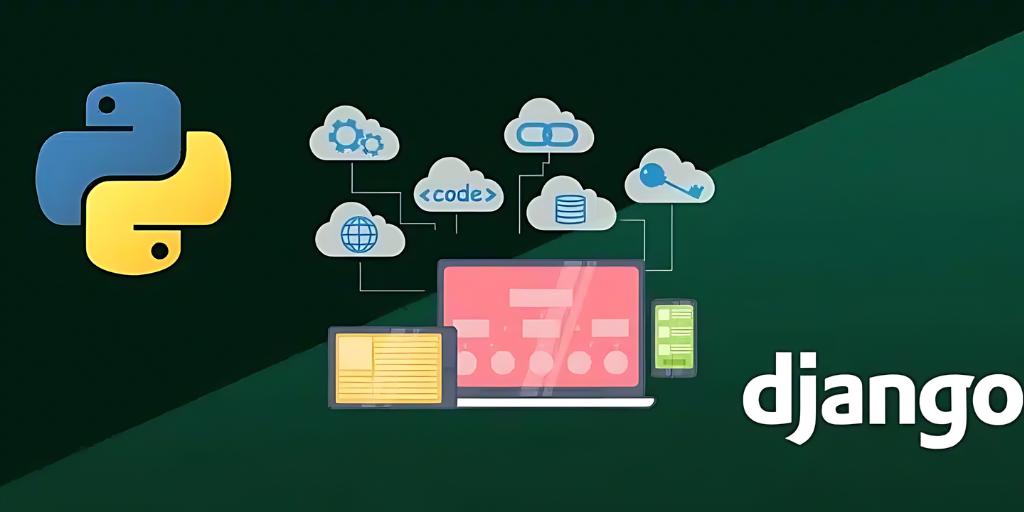
Overview
In this course, you will learn how Django communicates with a database through model objects. You will explore Object-Relational Mapping (ORM) for database access and how Django models implement this pattern. We will review the Object-Oriented (OO) pattern in Python. You will learn basic Structured Query Language (SQL) and database modeling, including one-to-many and many-to-many relationships and how they work in both the SQL and Django models. You will learn how to use the Django console and scripts to work with your application objects interactively.
Syllabus
- Data Models
- This section explores how we define models in Django and then we build the data models and explore the administration interface for our application. Data models are how Django interacts with the underlying database to store and retrieve data.
- Django Views
- Views are the aspect of Django applications that produce the web pages that are shown to our users. Views are one of several core elements of Django applications.
- Django Generic Views
- We review Python Object Orientation and look at the generic views capability within Django. We use generic views by extending Django classes to make a new view class.
- Forms in HTTP and HTML
- We cover how GET and POST work, how forms are constructed from HTML, how we protect our applications against Cross-Site Scripting Forgery (CSRF), and how we handle browser refreshes after POST.

